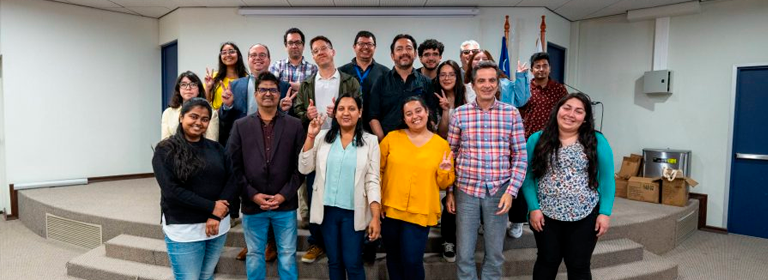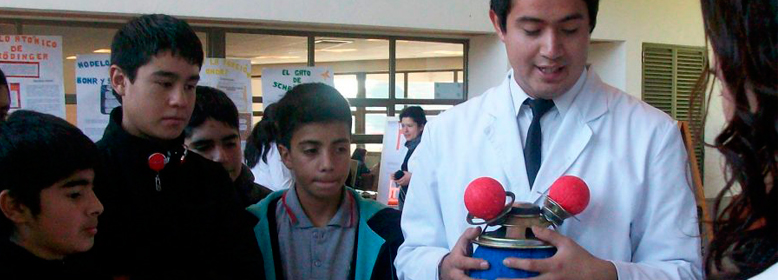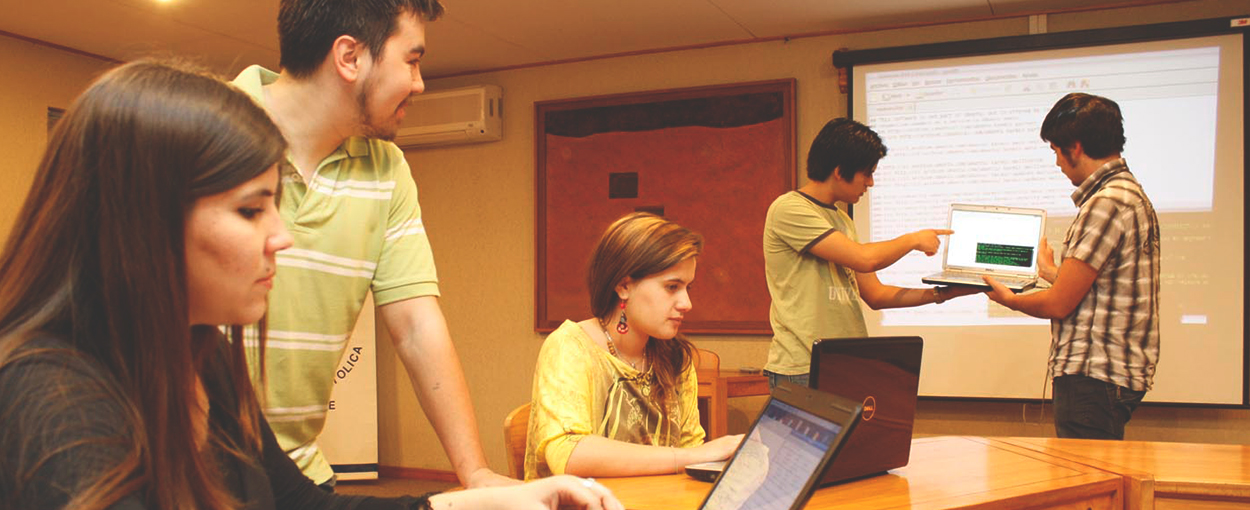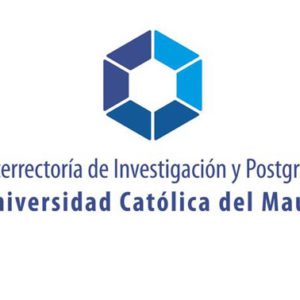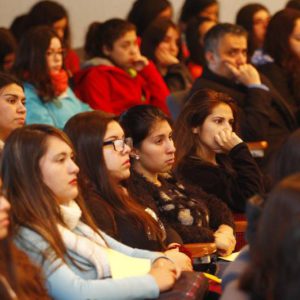Eminent scientists from the United States, Brazil and Chile reaffirmed their commitment to work together during the closing seminar of the project that gave life to the «BioPol» network.
 It was a farewell, but not an end. Scientists participating in the «BioPol» network, aimed at studying polysaccharides and their biological and technological application, confirmed their desire to maintain a permanent collaboration during a seminar held at the Universidad Católica del Maule (UCM).
It was a farewell, but not an end. Scientists participating in the «BioPol» network, aimed at studying polysaccharides and their biological and technological application, confirmed their desire to maintain a permanent collaboration during a seminar held at the Universidad Católica del Maule (UCM).
The seminar, which included foreign speakers, marked the culmination of the project that led to the alliance, funded by the «Fomento a la Vinculación Internacional» (FOVI220149) competition.
«The objective of the project was to form a network of researchers in biological polysaccharides, which did not exist in Chile. We managed to create the network and among all the researchers, we had more publications, training of human capital through internships and access to high-level equipment,» said Aparna Banerjee, PhD in Botany, who leads the initiative from the Center for Research and Advanced Studies of Maule (CIEAM, in Spanish), belonging to the campus.
The expert has been awarded a series of national and international funds, which have even taken her to Antarctica, to investigate complex compound carbohydrates with food applications and high industrial value.
«We want to reapply to this funding call to incorporate more scientists and have a definitive network,» she said.
One of the speakers, João Paulo Fabi, PhD in Food Sciences, highlighted the support of the Chilean government for the initiative.
«The support of the government has been crucial for working on polysaccharides in an interdisciplinary manner. Dr. Banerjee visited my laboratory and we have carried out some experiments, with surprising results. It is mandatory for our scientific community to maintain this collaboration», emphasized the academic from the University of Sao Paulo, Brazil.
For another of the speakers, Dr. Rajesh Sani, the effort highlights the importance of cooperating in science. «We are analyzing samples collected by the Aparna team on Deception Island in Antarctica and we also hosteda doctoral student from the Universidad Católica del Maule, Cynthia Meza, for three months. This enriches our work and we hope to welcome more students who want to visit our facilities,» said the professor from the Department of Chemical and Biological Engineering of the South Dakota School of Mines and Technology in the United States.

